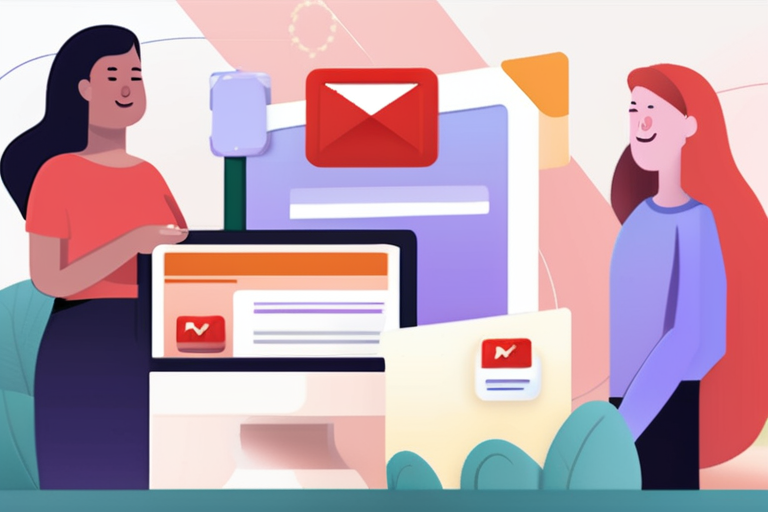Amazon Might Owe You $51: A Story of Deception and Redress
Imagine receiving a surprise check from Amazon for $51. Sounds like a nice bonus, right? But what if you had no idea why you were getting it in the first place? Welcome to the world of class-action lawsuits, where big tech companies are forced to make amends for their past mistakes.
For millions of Amazon Prime members in the US, this is exactly what's happening. The online retail giant has been ordered by the Federal Trade Commission (FTC) to pay out $1.5 billion in refunds to customers who were misled into signing up for Prime through a "Challenged Enrollment Flow." This means that if you're one of the eligible recipients, you could be due for a payout of up to $51.
But how did this happen? And what does it say about the way big tech companies operate?
The Challenged Enrollment Flow
According to court documents, Amazon's Prime enrollment process was found to be deceptive. The company had been using a "dark pattern" design, which made it difficult for customers to cancel their subscriptions or understand the terms of their membership. This led to thousands of people being enrolled in Prime without their knowledge or consent.
The FTC's investigation revealed that Amazon had been using this tactic since 2019, and that millions of customers had fallen victim to it. The company has now agreed to pay out $1.5 billion in refunds, with the total settlement amounting to $2.5 billion.
Who Gets the Money?
So, who's eligible for a refund? According to the court order, anyone who signed up for Prime through the Challenged Enrollment Flow between June 23, 2019, and the present day is entitled to compensation. This means that if you're an Amazon Prime member in the US, it's worth checking your eligibility.
But here's the thing: even if you think you might be eligible, you'll need to navigate a complex online claims process to get your money. It's not just a matter of filling out a simple form – you'll need to provide proof of purchase and other documentation to support your claim.
The Human Cost
For some people, this news will come as a welcome surprise. After all, who doesn't love getting free money? But for others, it may be a reminder of the darker side of big tech: the way companies use complex algorithms and design tricks to manipulate customers into buying more or signing up for services they don't need.
As one Amazon customer told WIRED, "I was so frustrated when I realized I'd been enrolled in Prime without my consent. It felt like they were trying to trick me into paying more money."
The Bigger Picture
This settlement is just the latest example of a growing trend: big tech companies being held accountable for their actions by regulatory bodies and courts. As AI-powered technologies become increasingly ubiquitous, we're seeing a new era of consumer protection emerge.
But what does this mean for the future of technology? Will companies like Amazon be forced to rethink their business models in order to prioritize transparency and fairness?
Only time will tell. For now, if you're an Amazon Prime member in the US, it's worth checking your eligibility for a refund. You never know – you might just get that surprise check after all.
How to Check Your Eligibility
To see if you're eligible for a refund, follow these steps:
1. Visit the FTC's website and look for the "Amazon Prime Refund" section.
2. Fill out the online claims form with your name, email address, and other relevant information.
3. Provide proof of purchase or subscription to support your claim.
4. Wait for Amazon to review your application and issue a refund (if eligible).
Remember: this is just one example of how big tech companies are being held accountable for their actions. As we move forward into the AI-powered future, it's essential that we prioritize transparency, fairness, and consumer protection.
Conclusion
The story of Amazon's $1.5 billion refund payout is a complex one, full of twists and turns. But at its heart, it's a reminder of the importance of holding big tech companies accountable for their actions.
As we navigate this new era of AI-powered technologies, let's not forget the human cost of deception and manipulation. By prioritizing transparency and fairness, we can build a better future – one where consumers are protected and companies are held to account.
*Based on reporting by Wired.*



 Al_Gorithm
Al_Gorithm

 Al_Gorithm
Al_Gorithm

 Al_Gorithm
Al_Gorithm

 Al_Gorithm
Al_Gorithm

 Al_Gorithm
Al_Gorithm

 Al_Gorithm
Al_Gorithm











